Reflections On Our Deteriorating Relationship with Nature
Nature WorldWide September 8, 2024 0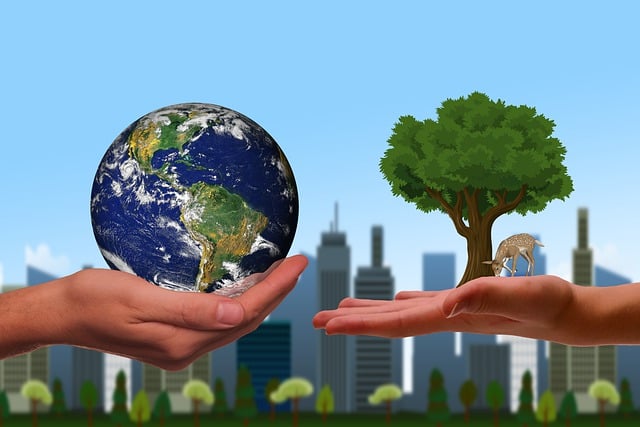
Environmental Conservation
The connection between humans and nature is becoming increasingly tenuous in our fast-paced, technology-driven world. We often find ourselves rushing from one task to the next, preoccupied with screens and digital interactions, leaving little time to observe and enjoy the natural world around us. This shift in priorities has led to a worrying Our Deteriorating Relationship with Nature, which not only affects our health but also threatens the health of our planet.
Reflections On Our Deteriorating Relationship with Nature
Increasing Isolation
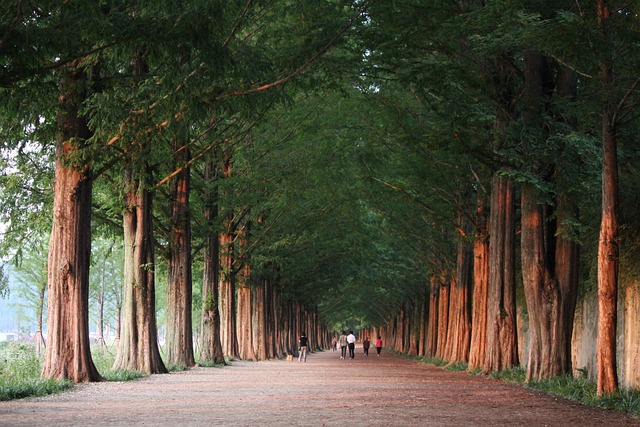
For centuries, humans have lived in close harmony with nature. Our ancestors relied on the land for sustenance and survival, understanding its rhythms and respecting its cycles. However, with the rise of industrialization and urbanization, our dependence on the natural world has diminished, and we have become even more disconnected from it. Today, many of us live in concrete jungles, surrounded by buildings and artificial landscapes, a far cry from the greenery and wildlife that once defined human existence.
Read More: 12 Effects of Natural Resource Depletion on Human Life
Deforestation and Pollution
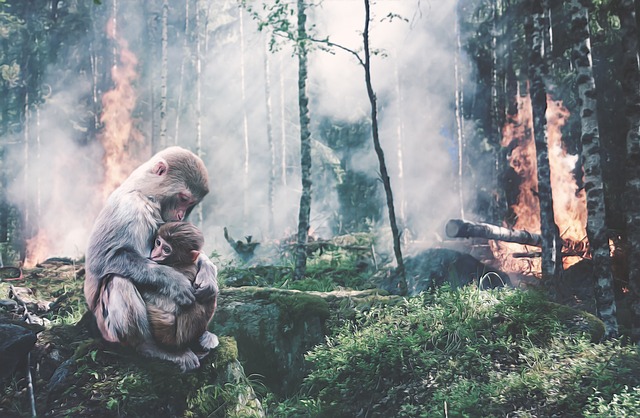
This alienation is evident in how we treat the environment. Deforestation, pollution, and climate change are stark reminders of our neglect. We exploit natural resources without considering the long-term consequences, prioritizing economic growth and convenience over ecological balance. The alarming rate of biodiversity loss and the increasing frequency of extreme weather events clearly indicate a dire need to repair our relationship with nature.
Read More: Therapy in Nature: 8 Mental Health Benefits of Nature Exposure
Impact on Human Well-being

Our alienation from nature has profound implications for our mental and physical health. Numerous studies have shown that spending time in a natural setting can reduce stress, improve mood, and enhance cognitive function. Yet, many of us spend most of our days indoors, glued to screens and cut off from the natural world. Lack of contact with nature leads to several health problems, including anxiety, depression, and obesity.
Read More: 5 Elements of Nature and Their Relation With the Human Body
Decreased Sense of Awe and Wonder
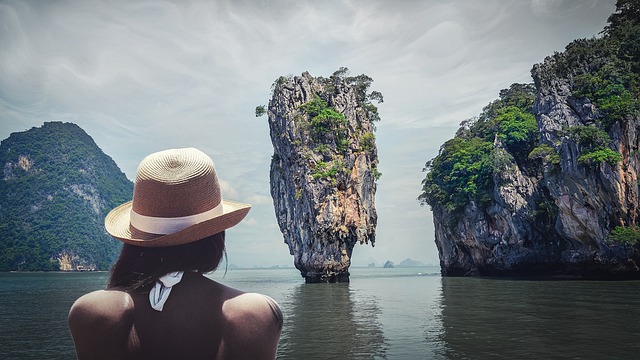
Losing our bond with nature decreases our sense of awe and wonder. Watching a sunset, hearing leaves rustle in the wind, or feeling the cool spray of a waterfall is naturally calming and inspiring. These experiences remind us of our place in the world and our connection to something bigger than ourselves. When we lose touch with nature, we lose a part of ourselves.
Reconnecting with Nature
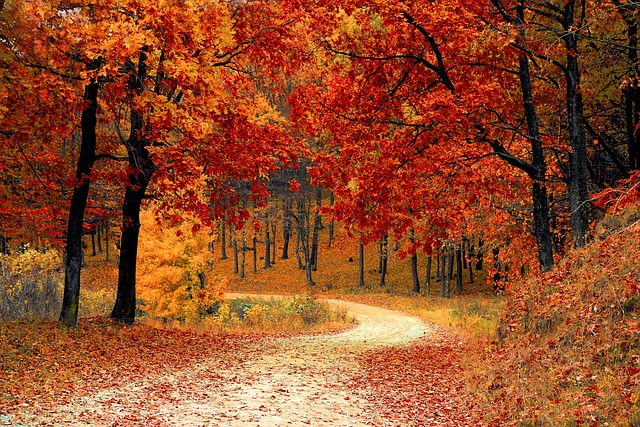
To improve our relationship with nature, we must take intentional steps to reconnect with the environment. This can start with small, everyday actions. Taking a walk in a nearby park, planting a garden, or simply sitting outside and observing the natural world can help us rediscover the beauty and peace that nature provides. By prioritizing these moments of connection, we can begin to rebuild our bond with the Earth.
Read More: 8 Transformative Ways to Infuse Positive Effects into Our Lives
Teaching the Importance of Nature
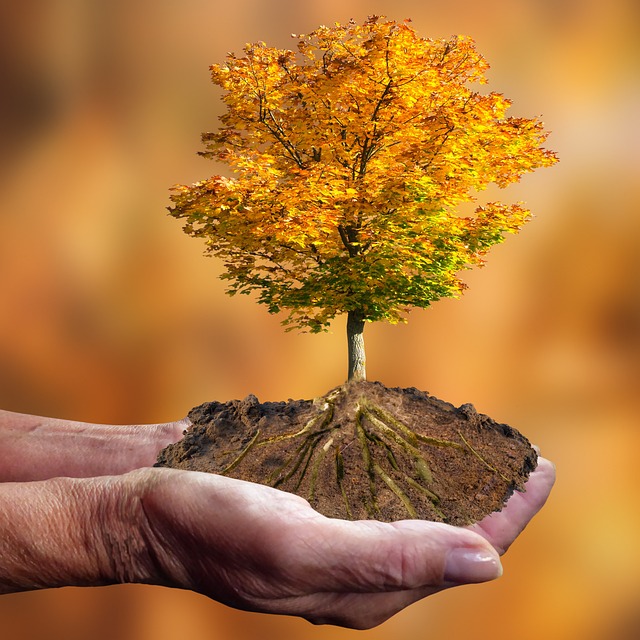
Education also plays a vital role in fostering a deeper appreciation for nature. By teaching children about the importance of Environmental Conservation and the interconnectedness of all living things, we can inspire a new generation to care for the planet. Additionally, supporting policies and initiatives that promote conservation and sustainable practices can help protect the environment for future generations.
Read More: Effect Of Climate Change On Earth
A Call to Action
Our relationship with nature is not beyond repair, but it requires a conscious effort from each of us. We must recognize the value of the natural world and our responsibility to protect it. By making deliberate choices to reconnect with nature, we can improve our well-being and contribute to a healthier, more sustainable planet.
Now is the time to reflect on our relationship with nature and take meaningful action to heal the divide. The future of our planet depends on it.




